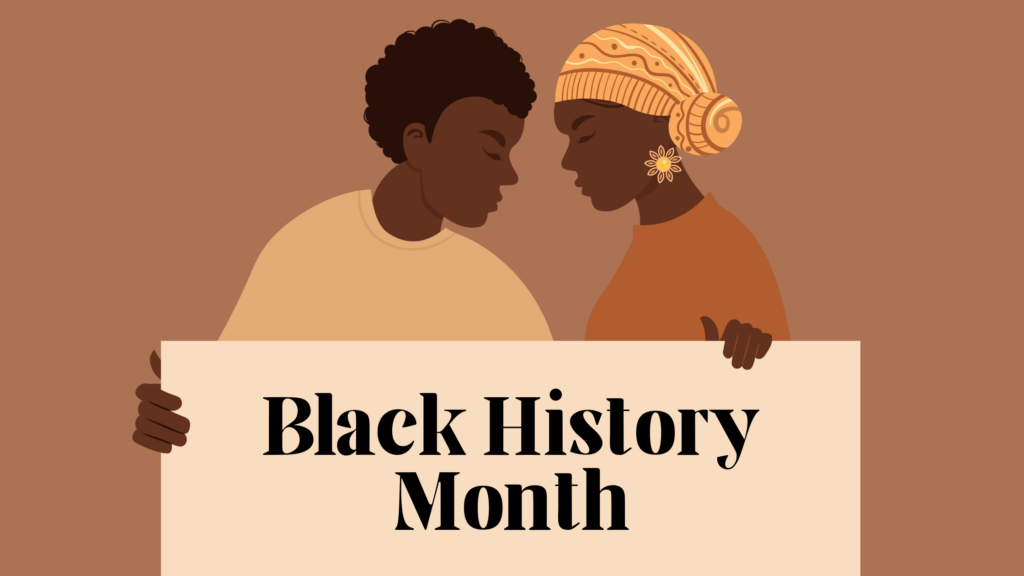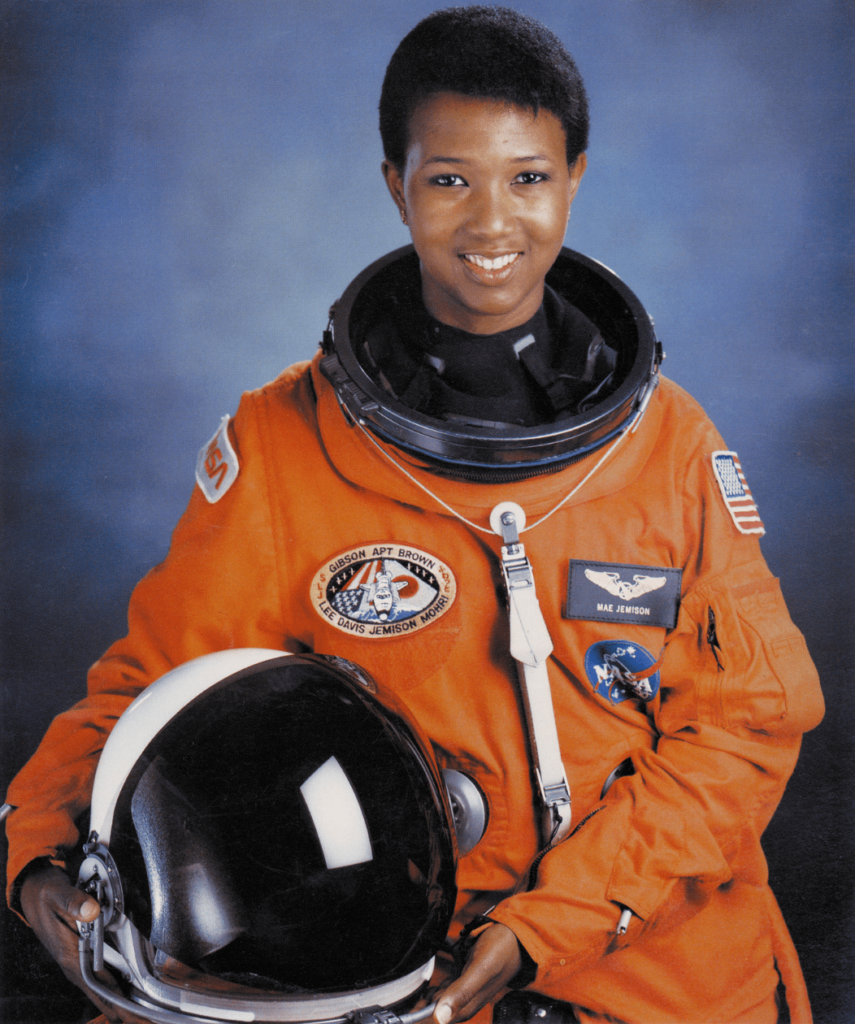Black History Month and the Medical Advancements We Have Today Thanks to People of Color
Have you ever touted the wonders of laser eye surgery to remove cataracts, blood transfusions, or pacemakers? We might not be promoting these and other advancements today if it were not for the ingenuity of African American scientists, practitioners, and other innovative people of color.
Black History Month highlights the significant contributions that African Americans have made to crucial medical advancements. Many of these people still need to receive the historical accolades they deserve. Nevertheless, if not for them, we wouldn’t have the life-saving medical innovations we take for granted today.

The Importance of Black History Month
This observance originates in the founding of the Association for the Study of Negro Life and History in 1915, which author and historian Dr. Carter G. Woodson spearheaded. In 1986, Congress passed legislation that designated February National Black (Afro-American) History Month. Black History Month raises awareness of African Americans’ significant contributions, despite the prejudice, discrimination, and bias they have and continue to face.
Many pioneering African Americans have applied their skills and knowledge to solve medical problems, contributing to advancements in public health and healthcare delivery, despite the adversity and health inequities they encountered.
African American Trailblazers in Medicine
Open-heart surgery, blood transfusions, and pacemakers are some modern innovations for which we can thank African American trailblazers in medicine and healthcare. The following individuals are some of the pioneers who overcame cultural barriers to facilitate medical developments that have saved millions of lives.
James McCune Smith, M.D. In 1837, American-born Dr. Smith earned his medical degree from the University of Glasgow in Scotland, where he did not face as much bigotry and discrimination as he would have in his home country. He later moved to New York, where he became the first Black man to practice medicine in the United States.
Patricia Bath, M.D. Dr. Bath is a research scientist and educator with a medical degree from Howard University. She developed a method of laser eye surgery to remove cataracts. Patients worldwide have benefited from this widely used procedure.
Leonidas Harris Berry, M.D. In the 1950s, gastroenterologist Dr. Berry worked to encourage the inclusion of more black physicians in hospitals. His leadership in Chicago also led to more healthcare facilities being opened in underserved sections of the city.
Otis Boykin. Boykin, an electronics pioneer, is perhaps best known for improving the pacemaker, a small device that detects when the heart is beating too slowly or irregularly. Also, he patented almost 30 other electronic devices.
Charles Richard Drew, M.D. Dr. Drew is often hailed as the “father of blood banking.” He provided leadership in developing methods for preserving blood for donations and transfusions. Dr. Drew also led the first blood bank of the American Red Cross, also creating mobile stations that have since evolved into bloodmobiles.
Marilyn Hughes Gaston, M.D. Dr. Gaston is mainly responsible for advancing our knowledge and understanding of sickle cell disease, which leads to pain and complications for millions of people. Her research led to the development of sickle cell screening methods for newborns that are now widespread.
William Augustus Hinton, M.D. A graduate of Harvard Medical School in 1912, Dr. Hinton was the first African American to publish a textbook, which was titled, Syphilis and Its Treatment. He developed the “Hinton test,” a water-based chemical process for detecting syphilis in patients.

Mae C. Jemison, M.D. Dr. Jemison became the first African American astronaut in NASA history in 1992. She collaborated with the Centers for Disease Control and Prevention (CDC) to research many types of vaccines and conducted many experiments aboard the Shuttle Endeavor.
Daniel Hale Williams, M.D. Many people depend on open-heart surgery to save their lives. Dr. Williams was the first African American cardiologist to perform this surgery successfully. In addition to serving as the first Black member of the American College of Surgeons, he opened the first Black-owned and non-segregated hospital in the United States in 1891.
Kizzmekia Corbett, Ph.D. A researcher in immunology and infectious diseases, Dr. Corbett has worked on novel coronavirus vaccines since 2014. Her work has been influential in the development of the COVID-19 vaccine, which helped slow the spread of the virus.
Many of the medical advancements we take for granted today are largely due to the contributions of many African American researchers and physicians. Despite the cultural obstacles they have faced, their contributions to medicine and healthcare have improved our life expectancy and quality of life.

